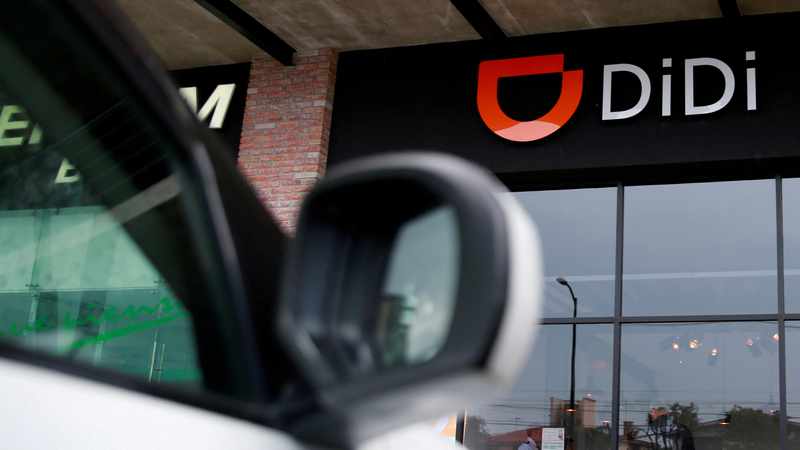
New York – Ride-hailing giant Didi Chuxing has filed to list its shares in New York, a high-profile move by a Chinese tech firm in the United States despite soaring tensions between the superpowers, with reports saying it could be one of the biggest IPOs this year.
The popular app has dominated the Chinese market ride-hailing market ever since it won a costly turf war against US titan Uber in 2016 and took over its local unit.
It filed a placeholder application for an initial public offering worth $100 million with the US regulators on Thursday for entry to the New York Stock Exchange, with Bloomberg News saying the figure is expected to be far higher once details of the share sales are revealed.
The listing, filed under the business name Xiaoju Kuaizhi Inc, could be one of the largest in the world this year with news reports suggesting as much as $7 billion could be raised.
The filing also showed the firm suffered a loss of $1.6 billion in 2020 as it was battered by strict Covid-19 pandemic measures and travel restrictions to tackle the virus, which first emerged in China in late 2019.
However, it saw a net profit of $800 million in the first three months of this year, with the outbreak now largely under control in China, its key market.
The move comes at a time of strained tensions between China and the United States, with the tech sector a key issue of disagreement.
The company — whose fleet includes more than 15 million drivers, according to the listing — became the centre of a safety scandal in 2018 after two young women were killed by their Didi drivers in separate incidents, prompting the suspension of its “Hitch” carpooling service.
But the scandal has not dented support for the service, often the easiest and quickest way to call a driver in crowded Chinese cities, with nearly 500 million users.
Its services are now available in 15 countries, including Russia and Australia.
Didi cited security as an ongoing risk for its business, as well as ongoing tensions between the US and China or the possibility of action over antitrust regulations as Beijing cracks down on some of its biggest tech giants.
The app was founded in 2012 by Cheng Wei, a former executive at Chinese e-commerce giant Alibaba.
The largest institutional shareholder is Japanese investment fund Softbank, which holds a 21.5 percent stake.
Agence France-Presse